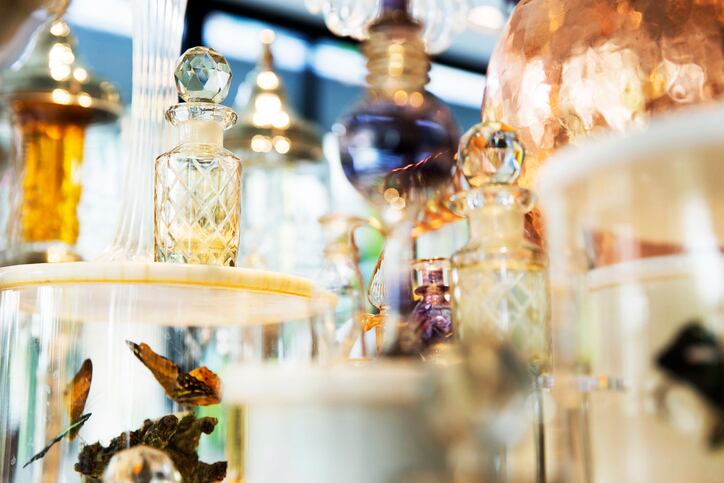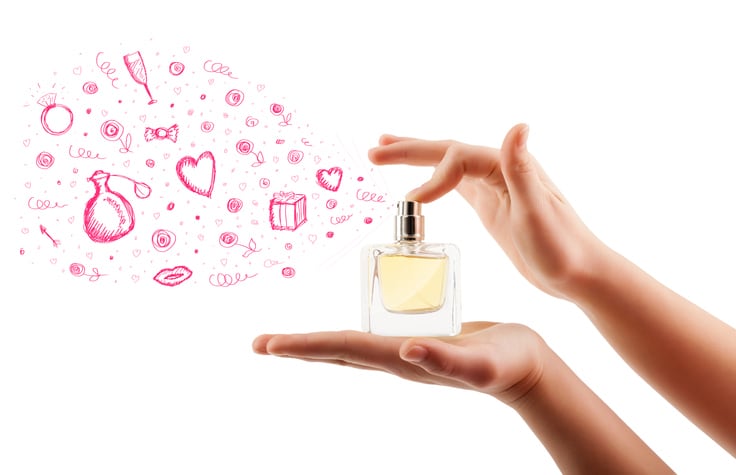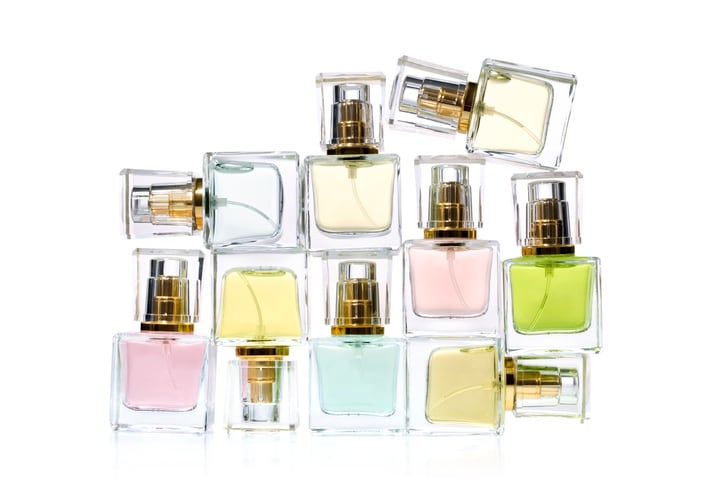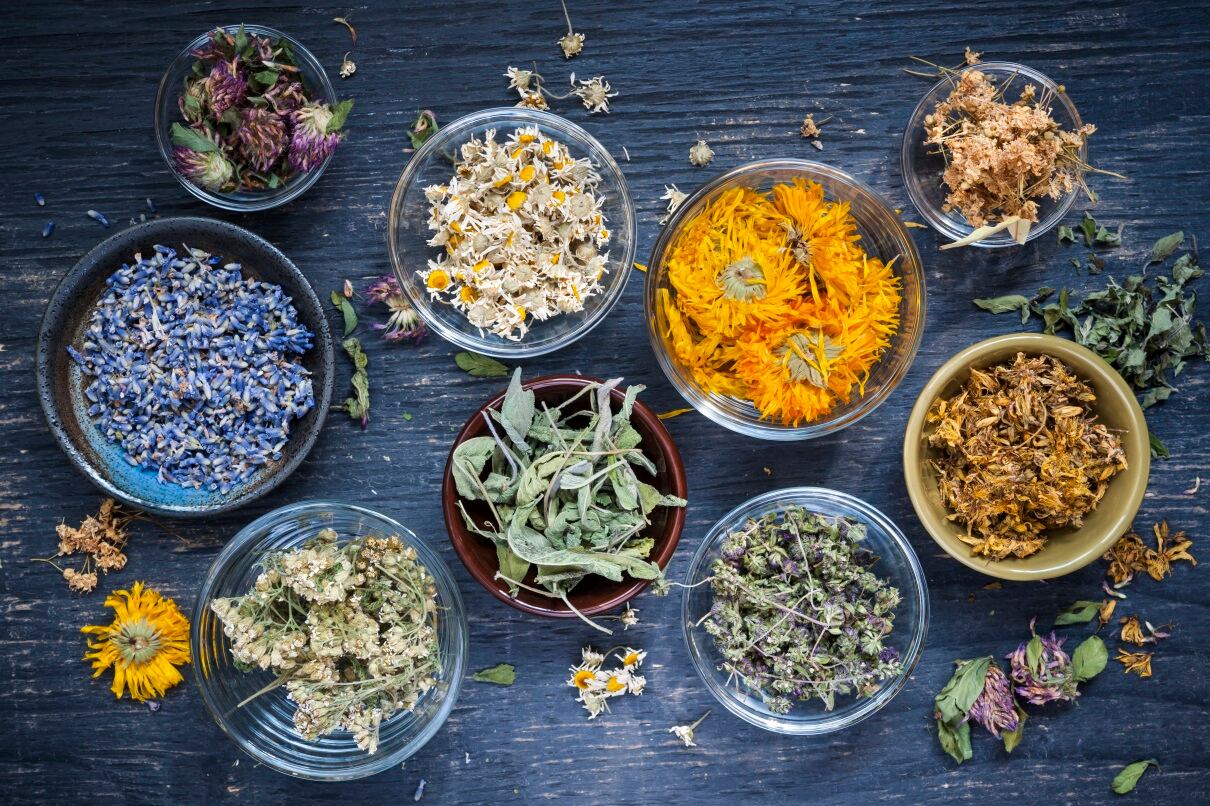Kickstarting Mintel’s recent ‘Surviving and thriving in the ‘next’ normal for fragrance’ webinar, Roja Dove, professor of parfum and founder of Roja Parfums, said the discussion around ‘nature versus science’ in raw materials for fragrance was an important and timely topic for industry.
“As we get more and more legislation coming through from the European Cosmetic Regulation and IFRA, and natural materials become more and more difficult to use, ironically, I think that it’s interesting to see how industry will react,” Dove said.
“The consumer wants more and more natural materials, generally in life, not just with perfumery, and yet the regulatory bodies say we need to use less and less of them.”
Weaving in the ‘sustainability story’
Last year, Mintel identified ‘the panorama of humanity’ as one of its top beauty and personal care trends to watch over the next decade where consumers would explore science and nature in equal measure – a “push-pull” between the two, according to Lauren Goodsitt, global beauty and personal care analyst at Mintel.
Goodsitt said success in fragrance, and the wider beauty industry, today relied on a careful balance and blend of the two.
“When we look at the natural side of the beauty industry as well as the scientific side, where we really see brands start to pull forward is weaving this element of sustainability into their story,” Goodsitt said.
“That utilising the principles of sustainability really allows them to bridge the gap between nature and science,” she said.
And for consumers, sustainability was increasingly important, she said, with 75% of consumers in Denmark; 81% of consumers in Canada; and 65% of consumers in Japan describing themselves as acting in a way that was not harmful to the environment, according to Mintel data.
“You’re really able to start to see that concern around the environment; around sustainability, and that’s really where we see these elements of science come into play,” Goodsitt said.

“We have seen brands start to talk about biotechnology and lab-grown ingredients, and they’re doing this so they can weave that element of sustainability into their stories, so that they can offer consumers these clean formulations, these more natural-type ingredients, but do it in a more sustainable way.”
Tackling confusion around biotech and lab-grown
Of course, Goodsitt said that for some consumers, there remained confusion around biotechnology and lab-grown ingredient processes and so it was important the fragrance and beauty industry engaged in education.
If industry could help consumers understand the processes better, she said these consumers would in turn be “more open” to these technologies and “move past only wanting clean and only wanting natural”.
Margaux Caron, global beauty analyst at Mintel, agreed and said some younger beauty consumers had already started to do this.
“We see that younger consumers are actually working to embrace synthetic ingredients, especially if they have sustainable credentials,” Caron said.
And for brands or manufacturers working with natural ingredients, she said they should expect a “higher scrutiny” on sourcing. According to Mintel data, 76% of Spanish beauty and personal care consumers, for example, were concerned that ingredients in natural beauty products were not sustainable.
The fragrance industry must be “more transparent and more sustainable” moving forward, Caron said, whether that’s in continued use of natural ingredients or scientific alternatives.




